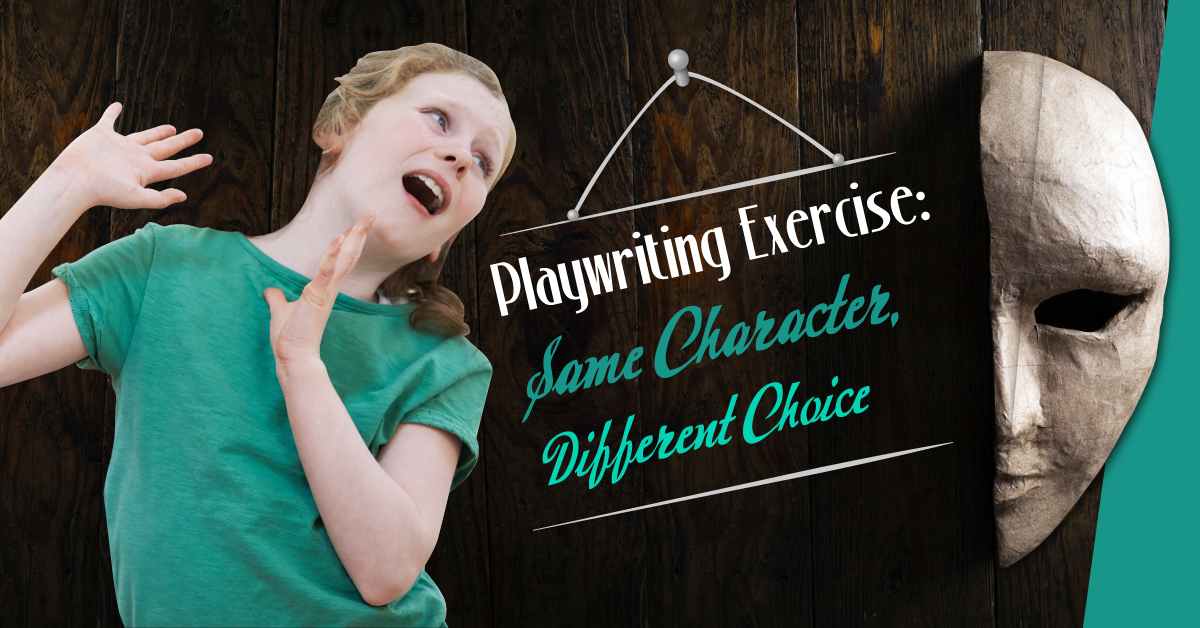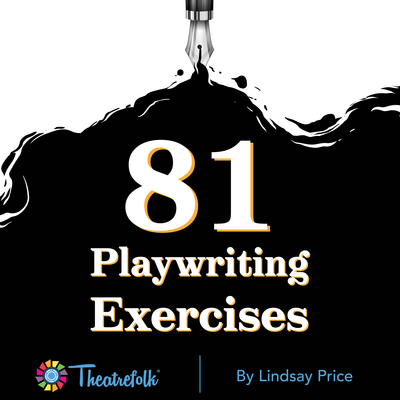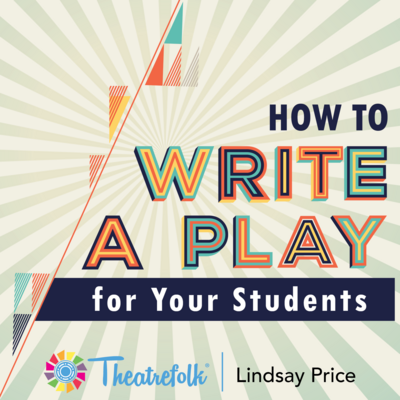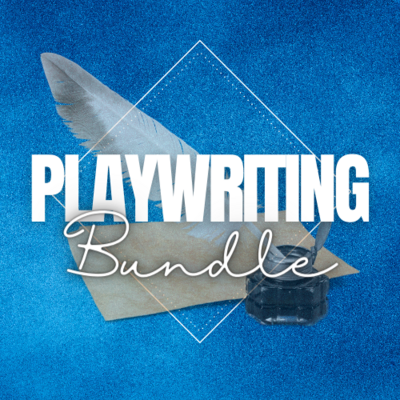Devising Challenge: One-Minute Word Association
Devising a brand-new piece of theatre from scratch can be exciting, overwhelming, or just plain scary for students. It can be challenging for students to narrow their focus when there are literally thousands of topics that they can write about. And when it comes to devising theatrical creations, there are just as many different ways of developing a new piece of theatre.
But this is exactly why students should devise is something new. It will challenge them to work together with other students to create something fresh and exciting. It gives them a sense of ownership about the piece – “We made this ourselves!” Giving students a medium like devising to express their thoughts and feelings about a subject is really powerful; it allows their voice to be heard.
So let’s help your students find a starting point for their devised pieces. Here is a technique called “One-Minute Word Association.” This technique will help students generate a large number of focused ideas quickly. They can then use these ideas toward a scene, tableau, movement, or mime piece.
Instructions
1. Start by choosing a broad topic as a jumping-off point: a mood or feeling (bravery, fear, love) or a current issue (bullying, self-esteem, tolerance). If there is a special event going on at your school or a holiday coming up (anniversary, centennial, Halloween), that could also work as a topic. For the very bravest classes, grab a dictionary and open it to any page, then close your eyes and point to a word on the page!
2. Students will split up into groups of 4-6. One student in each group will act as recorder. For one minute, students will word-associate with the chosen topic word.
- To do this, one member of the group will say a word that jumps into their mind when they think about the topic.
- Then the next student will say the first thing that jumps into their mind when they think about the word that was chosen by the first student.
- The third student will say the first thing that jumps into their mind when they think about the word chosen by the second student.
- This exercise is no holds barred. No judgement or editing is allowed. The recorder will copy down all the words that the group suggest, as the words are spoken.
For example, let’s say the topic is bravery. A word association list might go like this:
Bravery > military > soldiers > uniforms > boots > mud > rain > sky > weather > umbrella > raincoat > wet > water > glass > drink > soda > Coca-Cola > red > angry > frustration
Or, perhaps the topic is bullying. A word association list might go this way:
Bullying > fear > alone > solitary > confined > small > tiny > miniscule > atom > space > planet > solar system > vast > ocean > land > earth > dirt > ground > standing > strong
It’s interesting to see what the mind connects together when faced with a time limit and not being allowed to edit!
3. Students look at their list and think about how their chosen words could be used for a scene, improvisation, tableau, mime piece, movement piece, or written scene.
4. Groups will choose a word or words to connect back to the initial topic to tell a story. Going back to the bravery example, how does bravery relate to water, (one of the word association suggestions)? Perhaps this will inspire students to create a tableau piece of someone rescuing a friend from drowning, or an absurdist style presentation about two fish who bravely go off on an adventure, or a musical theatre song about learning to swim for the first time.
The possibilities truly are endless, but this technique will put students on a theatrical pathway. Where that path takes them is entirely up to them and their imaginations.
Related Articles
81 Playwriting Exercises
by Lindsay Price
81 exercises that can be used to get students in the habit of writing on a regular basis.
How to Write a Play for your Students
by Lindsay Price
You’ve chosen to write a play for your students! Where do you start?
Resource Bundle - Playwriting
Use these 4 Playwriting drama teaching resources to make playwriting possible with your students. Great for warm-ups, prompts, writer's block and more!






